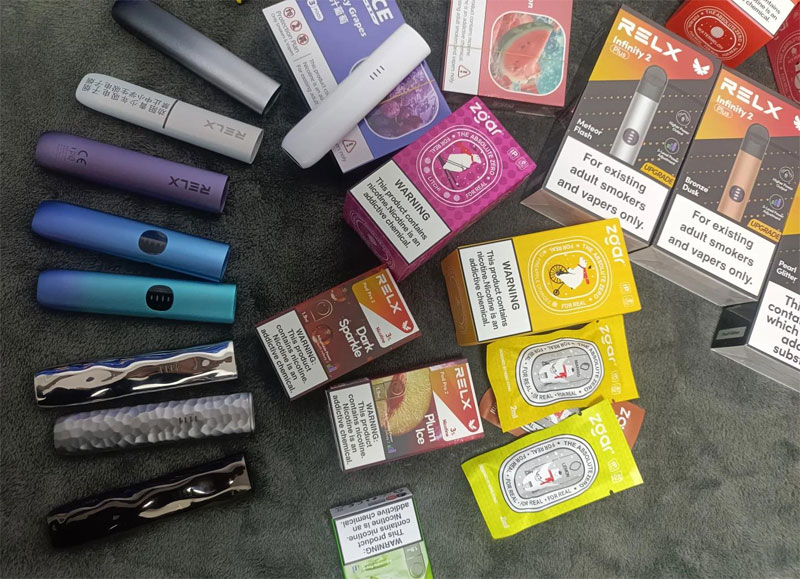

Understanding Regulations on E-Cigarettes in Malaysia
Malaysia is known for its lush landscapes and vibrant culture, but it’s also stepping into the global stage regarding health regulations with its e-cigarette ban law. This law is significant and has evoked varied responses from the public and businesses alike. In this article, we delve into the intricacies of Malaysia’s e-cigarette regulations and their implications.
The Outright Ban: What It Entails
Malaysia’s stance on e-cigarettes falls under a broader public health initiative aimed at tobacco control and minimizing associated health risks. The ban encompasses the sale, distribution, and advertisement of e-cigarettes containing nicotine, exerting a strong hold on retailers and users. The key aspect of this law is its focus on nicotine-infused products, making it pivotal for stakeholders to understand what is permissible under current regulatory frameworks.
The Ministry of Health in Malaysia has consistently emphasized the detrimental health impacts associated with nicotine consumption, which has led to enacting stringent measures on e-cigarette use.
Impact on Consumers and Businesses

‘Malaysia e-cigarette ban law’ implies substantial changes for consumers who rely on e-cigarettes as an alternative to traditional smoking. For many, this regulation is seen as a step back in public health options. Businesses dealing with e-cigarettes are required to restructure their strategies, particularly those specializing in nicotine products. Retailers must adhere to the import and sales restrictions or face legal repercussions.
Expected Outcomes of the Ban
Health experts anticipate that restricting e-cigarette sales will lead to lower nicotine consumption among the population. However, there are concerns regarding the potential rise in black-market activities, given the high demand for alternative nicotine products. The law aims to foster a health-conscious society by reducing the allure of vaping among younger demographics.
Public Reaction and Controversy
The enforcement of Malaysia’s e-cigarette ban has stirred debate amongst stakeholders. Advocates for vaping argue that e-cigarettes provide a safer alternative to tobacco smoking and suggest that completely banning them may overlook their potential health benefits. On the other hand, health officials argue the policy protects public health by minimizing nicotine addiction.Public opinion is divided. While some commend the Malaysian government for taking a strong stance against nicotine addiction, others believe more moderated policies rather than an outright ban could be beneficial.
Future Perspectives and Potential Amendments
As Malaysia continues to develop its regulatory stance, potential amendments to the law could arise. These may include stricter enforcement mechanisms or revised guidelines that allow controlled distribution under stringent conditions. Stakeholders should keep abreast of any changes, as this developing situation could impact economic activities and consumer behavior significantly.
Frequently Asked Questions (FAQ)
- Why does Malaysia focus on banning nicotine in e-cigarettes?
- Nicotine is known for its addictive properties, and the Malaysian government aims to curb addiction rates among its population.
- Are non-nicotine e-cigarettes available in Malaysia?
- Yes, e-cigarettes that do not contain nicotine are available and not subject to the ban. It provides a way for consumers to enjoy vaping without nicotine addiction risks.
- How does the law affect tourists visiting Malaysia?
- Tourists should be aware of Malaysia’s stringent regulations on e-cigarettes containing nicotine. It’s advisable to refrain from bringing nicotine-infused e-cigarettes into the country to avoid legal issues.

